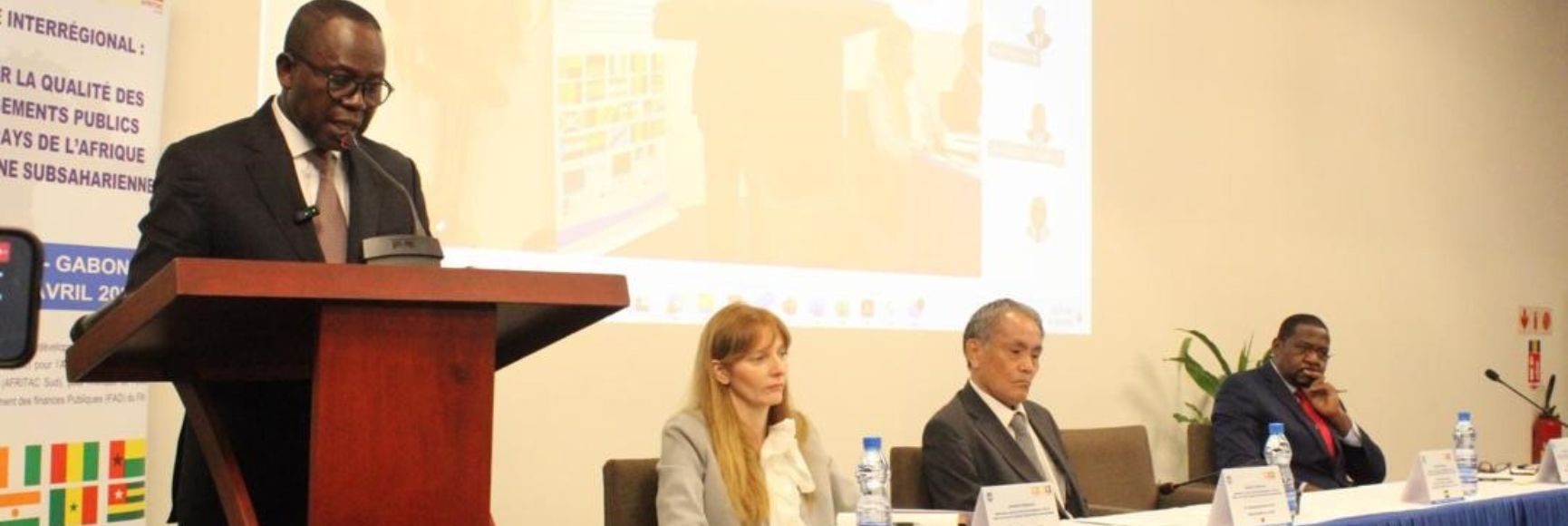
Posted by Dag Detter, Ian Ball, and Hanan Amin-Salem[1]
Countries need cash – a lot of it and as soon as possible - to survive the grim fallout from COVID-19 and to be able to navigate toward recovery. The critical situation that they are facing compels more creative thinking about how best to manage public finances and to unlock new sources of funding. Those countries able to tap the hidden store of value in their balance sheets have a better chance to come out of the crisis faster, and more sustainably, than those that cannot. Generating value from the balance sheet is a well proven alternative, but one that requires considerable political will. It is an alternative fit for a crisis, when the politically impossible becomes the politically inevitable.
What does “generating value from the balance sheet” mean in practice for the public sector? Governments everywhere and at every level own a vast array of commercial assets. According to the IMF, the value of public assets globally is twice that of global stock markets, twice global GDP and much larger than public debt.[2] Yet unlike listed equity assets, this public wealth is unaudited, unsupervised, and often unregulated. Even worse, in most countries it is almost entirely unaccounted for. As a consequence, when formulating their budgets, most governments largely ignore the assets they own and fail to recognize that such assets could generate substantial yields that would open up much-needed fiscal space, which could be used to kick-start growth or to buffer themselves from future shocks. The IMF has published a useful website which includes a database on balance sheets and several working papers on the topic (including country cases).[3]
However, incentives to encourage policymakers to take into account the full spectrum of public commercial assets are often missing. Basic tools such as accrual accounting, that are fundamental building blocks to bring about greater transparency and disclosure (of benefits as well as costs), can enable governments to pursue optimal decisions with respect to the management of public assets. Yet these tools are often overlooked.
The IMF has adopted accrual-based reporting in the GFS Manual 2014 and is encouraging countries to move to the cash basis of IPSAS at a pace appropriate to their institutions and capacity. While many countries are following the IMF’s lead by adopting accrual-based reporting and accounting, they often do not go far enough to reap the full benefits. Numerous countries have gone to great effort to put in place better accounting systems, but then do not use the information those systems produce in their fiscal decision-making.
The political will required to manage public assets better – to provide full disclosure of these assets and to create the incentives to encourage policy makers to act on that – has generally been lacking, as the immediate gains are not obvious. In the current urgent circumstances, with so many lives and livelihoods at stake, the case for better stewardship of public assets could not be more pressing.
If public assets were properly accounted for and professionally managed, they could potentially generate some 3% of GDP in additional revenues to government budgets.[4] Putting the assets to their best use through better management could enable governments to generate additional cashflows while providing a productivity boost to economic growth, thereby offsetting the growing debt problem that many are facing. This additional yield can help fund public goods such as public housing, health care and infrastructure, or even R&D to mitigate the effects of climate change.
An independent holding company, set up to manage commercial public assets and using the same tools of financial management as the private sector - and with a good corporate governance framework to achieve its goals and prevent mismanagement - would also make it possible for a government to maintain ownership of its assets and to manage them professionally. Such an entity could serve as the conduit between public and private sector interests, enabling the two sides to speak the same language and to reach a consensus on objectives. It would therefore help avoid the political backlash that otherwise often stems from the interface between the public and private sectors.
The establishment of the holding company structure could also better attract private sector funds looking for yield, thereby drawing in the additional resources needed to help a country or a city develop.
Comprehensive and relevant numbers are a prerequisite for effective financial management in the private sector and should equally be so in the public sector. A modern government is a highly complex institution that requires accrual accounting and audited numbers to ensure better management and sustainable long-term decision-making. Cash reporting alone leads to sub-optimal outcomes, either because it does not adequately capture many of the government’s activities or its use of a range of financial instruments, such as derivatives, or does not incentivize necessary outlays such as the maintenance of existing infrastructure. Furthermore, using the right tools to uncover the hidden strength in their own balance sheets offers governments better prospects for achieving a faster and more sustainable exit from the current crisis to the benefit of society as a whole.
The need to act is called for - if not now, when?
This article is part of a series related to the Coronavirus Crisis. All of our articles covering the topic can be found on our PFM Blog Coronavirus Articles page.
[1] Dag Detter is Managing Partner at Detter & Co and led the restructuring of the Swedish portfolios of public assets, the first European country to actively manage its Public Wealth. Ian Ball Professor of Public Financial Management, Victoria University of Wellington and the architect behind the financial management reforms in New Zealand that led to the adoption of accrual accounting for the New Zealand Government’s budgeting, appropriations, and financial reporting. Hanan Amin-Salem is the Global Head of Sovereign Advisory at Citi, as well as a former Deputy Finance Minister for Egypt.
[2] https://www.imf.org/en/Publications/FM/Issues/2018/10/04/fiscal-monitor-october-2018
[3] https://data.imf.org/?sk=82A91796-0326-4629-9E1D-C7F8422B8BE6
[4] https://blogs.imf.org/2019/06/18/a-global-picture-of-public-wealth/
Note: The posts on the IMF PFM Blog should not be reported as representing the views of the IMF. The views expressed are those of the authors and do not necessarily represent those of the IMF or IMF policy.





